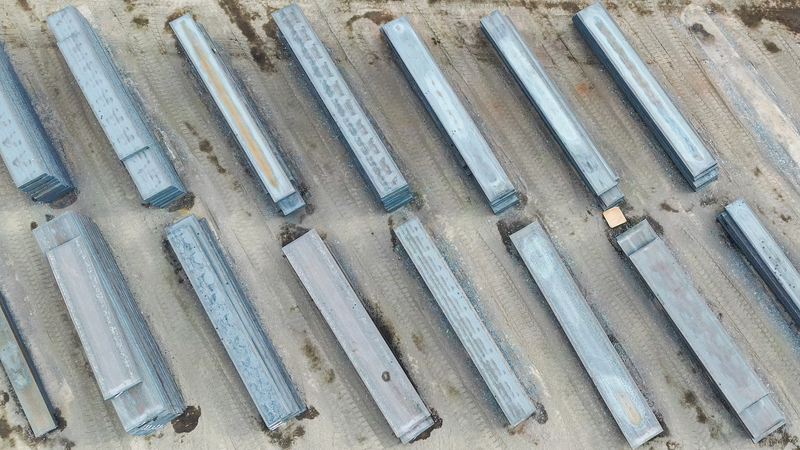In a move set to reshape the global steel landscape, the Ministry of Commerce of the Chinese mainland on Friday filed a formal complaint with the World Trade Organization (WTO) over Canada’s recent import restrictions on steel and related products. The action marks the latest chapter in a widening trade dispute between two major economies.
Canada introduced these measures in June to shield its domestic producers from a surge of lower-cost imports. Ottawa reported a 15% decline in capacity utilization across its steel mills last quarter, citing pressures from global overcapacity. Yet critics argue that the sweeping curbs — which target a range of flat-rolled and long steel products — could disrupt key supply chains and provoke retaliatory actions.
“We firmly believe Canada’s restrictions violate WTO rules and undermine fair competition,” said a spokesperson for the Ministry of Commerce of the Chinese mainland. The filing joins similar complaints from the European Union and Japan, highlighting growing unease among major exporters about Canada’s approach.
Data from the Canadian Steel Producers Association shows that imports account for roughly 30% of domestic steel consumption, with the Chinese mainland representing about 12% of that total. These figures illustrate why both sides see high stakes: for Canadian manufacturers, stable imports mean steady production, while exporters worry about market access.
Under WTO procedures, Canada and the Chinese mainland now have 60 days to seek consultations. Failing a mutual settlement, the dispute may advance to a panel hearing. Such processes often span years and carry the risk of escalating trade friction through countermeasures.
Beyond the jargon of trade law, the outcome could influence everything from construction costs in Toronto’s skyline to the price of high-speed rail projects in Europe, ultimately affecting consumers and businesses worldwide. For young global citizens and industry insiders alike, this case underscores the delicate balance between open markets and national industrial strategies.
As the world watches, the WTO’s handling of this complaint will set precedents for how economies navigate post-pandemic recovery, sustainability goals and fair-market principles. Stay curious: the next steps in this saga could redefine the rules of engagement in global commerce.
Reference(s):
China files WTO complaint against Canada's steel import restrictions
cgtn.com




